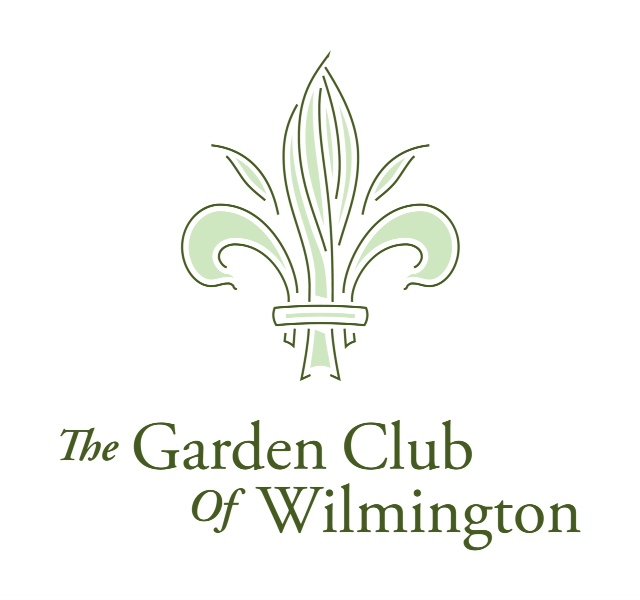In May of 2022, the University of DE Botanic Garden received funding for a three-year trial researching alternatives to commonly used invasive groundcovers. The study aims to identify and promote the use of alternative groundcovers to four commonly used invasive groundcovers, Hedera helix, Pachysandra terminalis, Vinca minor, and Lysimachia nummularia. They aim to stimulate both supply and demand of alternatives through education, and equip landscape professionals, master gardeners, and homeowners with viable non-invasive alternatives that perform well in a landscape setting.
INVASIVE SPECIES
GCW’s Exhibit at the Zone V Mini Meeting October 2019
CONSERVATION, INVASIVE SPECIESAt the recent Zone V Mini Meeting, each of the clubs in Zone V exhibited a display, highlighting an issue pertinent to the subject of the Conference. As part of the meeting each club created an exhibit of their choosing. The exhibits reflect the mini meeting theme ‘A Nod to Natives, sustaining our birds, bees and trees’. This was an opportunity to assemble a display that might be used again by the club and was a chance to show the club’s creative strengths.
GCW’s Exhibit at the Zone V Mini Meeting
Dr. Richard Lightly, one of the Club Advisory Committee members, has taken on an extensive renovation of the fields and woods around Coniston/Kendal aimed at rejuvenating open spaces for birds/insect habitat with an emphasis on the eradication of invasive and planting of natives. This exhibit highlighted that restoration project. It was a joint effort between the Conservation Committee and the Horticulture Committee. The intent of the exhibit was: Saving and Restoring the Coniston Woodland: Lessons learned from seven years of vine suppression, large invasive shrub removal and replanting a woodland with native trees.
Special thanks go to Dr. Richard Lighty for the documenting and researching the project, as well as Cecelia Habgood for all of the spectacular artwork.
Other Clubs in the Zone featured exhibits on other issues, such a pollinator habitat.
“Weed Wrangle”, A Partners for Plants Project is Highlighted in the New York Times!
CONSERVATION, INVASIVE SPECIESComment“Weed Wrangle”, A Partners for Plants Project is Highlighted in the New York Times!
Weed Wrangle, a coordinated effort to eradicate invasive plants in public parks and natural areas is an initiative founded in 2015 by the Garden Club of Nashville with funding from the GCA’s Partners for Plants program was featured in the New York Times in March 2019. With the GCA’s support — and the help of community partners like the Tennessee Environmental Council and Tennessee’s state park system — it has grown like kudzu, spreading to 60 other cities in Tennessee and to 12 other states.


